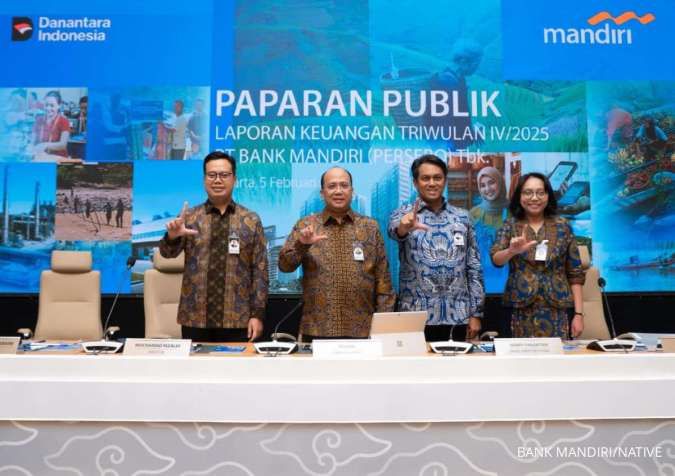KONTAN.CO.ID - JAKARTA. Currently, the job of a
content creator is in high demand among various groups because it promises a lucrative income. However, this does not mean that this type of job is not under the supervision of the tax authorities. After all, every income is certainly subject to income tax (PPh). The Director of Guidance, Service and Public Relations of the Directorate General of Taxes (DJP) of the Ministry of Finance (Kemenkeu), Dwi Astuti, said that her party will continue to strengthen supervision of all taxpayers, including influencer and content creator taxpayers.
However, Dwi emphasized, that there is no special supervision strategy carried out by the DJP Kemenkeu for content-creator taxpayers because all taxpayers will be treated in the same way.
Baca Juga: Indonesia Sets Up Task Force to Improve Governance in its Palm Oil Sector "There is no special supervision strategy that DJP carries out for the group of influencer and content creator taxpayers. All taxpayers are supervised in the same way," said Dwi to Kontan.co.id, Tuesday (17/10). Dwi conveyed, that the tax obligation imposed is based on what type of income or transaction is carried out by the influencer as a taxpayer. Meanwhile, Tax Observer Danny Darussalam Tax Center (DDTC) Bawono Kristiaji said, basically the income of the digital profession is subject to general taxation provisions like other professions. To increase supervision of compliance, it is necessary to look at the characteristics of the income stream obtained. Looking at the characteristics of the income obtained, it can be reviewed from two sources. First, content creators earn income from AdSense and/or the number of views.
Baca Juga: Indonesia Firm Launches Tourism Complex with Trump Operating Hotel, Golf Course Generally, their income is not paid directly from the AdSense creator, but from the platform where they create content. "For this reason, it would be very beneficial if the DJP has access to data and information from the platform to supervise the income of Indonesian content creators," said Bawono to Kontan.co.id, Tuesday (17/10).
Second, influencers who endorse certain products/services through posts on social media. According to him, the income obtained certainly comes from the producer of the product/service or the party that asks the influencer to do the endorsement. However, the challenge is that the form of payment made is not always in the form of money, but can be in the form of in-kind and enjoyment, such as free accommodation, product gifts, discounts, and various other forms. As regulated in Article 23 of the Minister of Finance Regulation (PMK) Number 66 of 2023, the payer is obliged to make deductions for payments made in the form of in-kind/enjoyment in accordance with applicable provisions. O "Therefore, the DJP can also pay attention to products/services that often get endorsements from influencers and cross-check the fairness of income tax (PPh 21) deductions for in-kind and enjoyment originating from the producing company of the related product/service," added Bawono.


